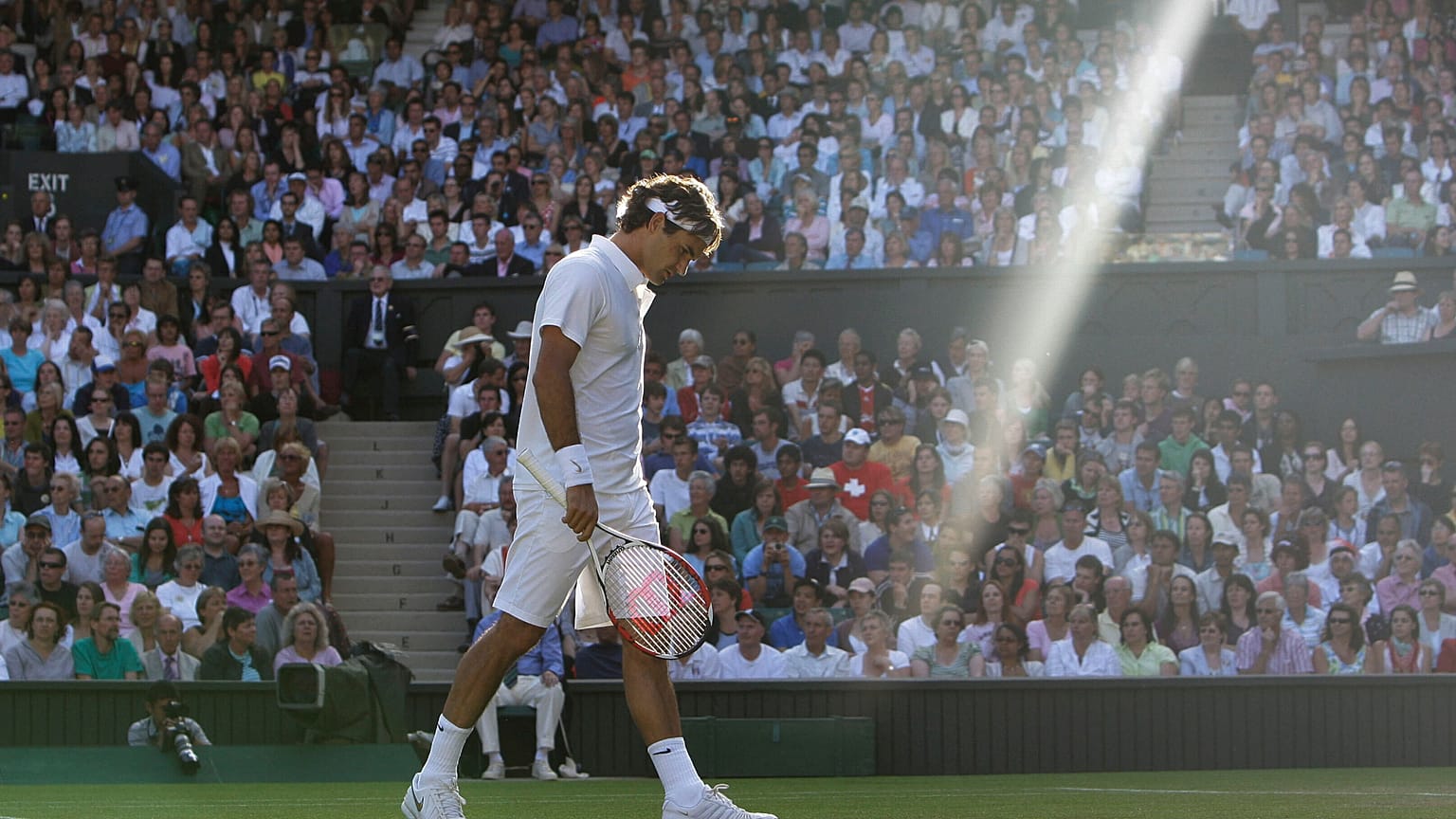Top Stories
UK Bans Marked-Up Ticket Resales, But Wimbledon Seats Exempt

The UK government has unveiled new legislation aimed at curbing ticket touting, a practice that has increasingly plagued fans of live events. Under this new directive, it will become illegal to resell tickets for concerts, theatre, comedy, and sporting events for more than their original price. However, there is a notable exception: the prestigious Wimbledon tennis championship.
The announcement comes as part of a broader effort to protect fans from inflated resale prices often orchestrated by ticket touts. These individuals utilize automated bots to buy large quantities of tickets, which they then resell at drastically marked-up prices. This practice has frustrated millions of event-goers and adversely affected the live events industry.
The legislation defines resale above face value as the original ticket price plus unavoidable fees, which include service charges. To reinforce compliance, resale platforms will face legal obligations to monitor prices and ensure that they do not exceed the established limits. Furthermore, individuals will be prohibited from reselling more tickets than they were allowed to purchase during the initial sale.
Lisa Nandy, the UK’s Culture Minister, emphasized the importance of the new rules, stating, “For too long, ticket touts have ripped off fans… This government is putting fans first.” She expressed confidence that the measures would effectively dismantle the operations of these touts and make high-caliber events more accessible.
Despite these measures, Wimbledon stands apart due to its unique debenture scheme. Holders of these debentures can sell their prime seats, often priced in the tens of thousands of pounds, without restriction. The government argues that this scheme functions differently from standard event tickets, describing it as a financial instrument that helps generate upfront revenue for the tournament.
Debenture holders secure access to either Centre Court or No. 1 Court for every day of the championship over a five-year period. This premium access comes at a high initial cost, with prices reaching up to £116,000. In recent years, tickets for early rounds have sold for approximately £9,000 (€10,226), while pairs for the men’s finals have fetched around £40,000 (€45,000).
The All England Lawn Tennis and Croquet Club (AELTC) has defended the debenture system, citing its role in financing crucial upgrades, including the installation of retractable roofs on Centre Court and No. 1 Court. The revenue from these schemes also allows AELTC to subsidize lower-priced tickets, such as £30 ground passes.
In addition to debenture holders, tickets resold by registered charities for fundraising purposes are also exempt from the new resale restrictions. This ensures that organizations can continue to leverage ticket sales for charitable initiatives without being hindered by the regulations.
As the UK government moves forward with its plans to combat ticket touting, the ongoing exemption for Wimbledon’s premium seating raises questions about fairness and accessibility in the ticketing landscape. The effectiveness of these new measures remains to be seen, but the government’s commitment to protecting fans is clear.
-

 Health3 months ago
Health3 months agoNeurologist Warns Excessive Use of Supplements Can Harm Brain
-

 Health3 months ago
Health3 months agoFiona Phillips’ Husband Shares Heartfelt Update on Her Alzheimer’s Journey
-

 Science1 month ago
Science1 month agoBrian Cox Addresses Claims of Alien Probe in 3I/ATLAS Discovery
-

 Science1 month ago
Science1 month agoNASA Investigates Unusual Comet 3I/ATLAS; New Findings Emerge
-

 Science4 weeks ago
Science4 weeks agoScientists Examine 3I/ATLAS: Alien Artifact or Cosmic Oddity?
-

 Science4 weeks ago
Science4 weeks agoNASA Investigates Speedy Object 3I/ATLAS, Sparking Speculation
-

 Entertainment4 months ago
Entertainment4 months agoKerry Katona Discusses Future Baby Plans and Brian McFadden’s Wedding
-

 Entertainment4 months ago
Entertainment4 months agoEmmerdale Faces Tension as Dylan and April’s Lives Hang in the Balance
-

 World3 months ago
World3 months agoCole Palmer’s Cryptic Message to Kobbie Mainoo Following Loan Talks
-

 Science4 weeks ago
Science4 weeks agoNASA Scientists Explore Origins of 3I/ATLAS, a Fast-Moving Visitor
-

 Entertainment4 months ago
Entertainment4 months agoLove Island Star Toni Laite’s Mother Expresses Disappointment Over Coupling Decision
-

 Entertainment3 months ago
Entertainment3 months agoMajor Cast Changes at Coronation Street: Exits and Returns in 2025









